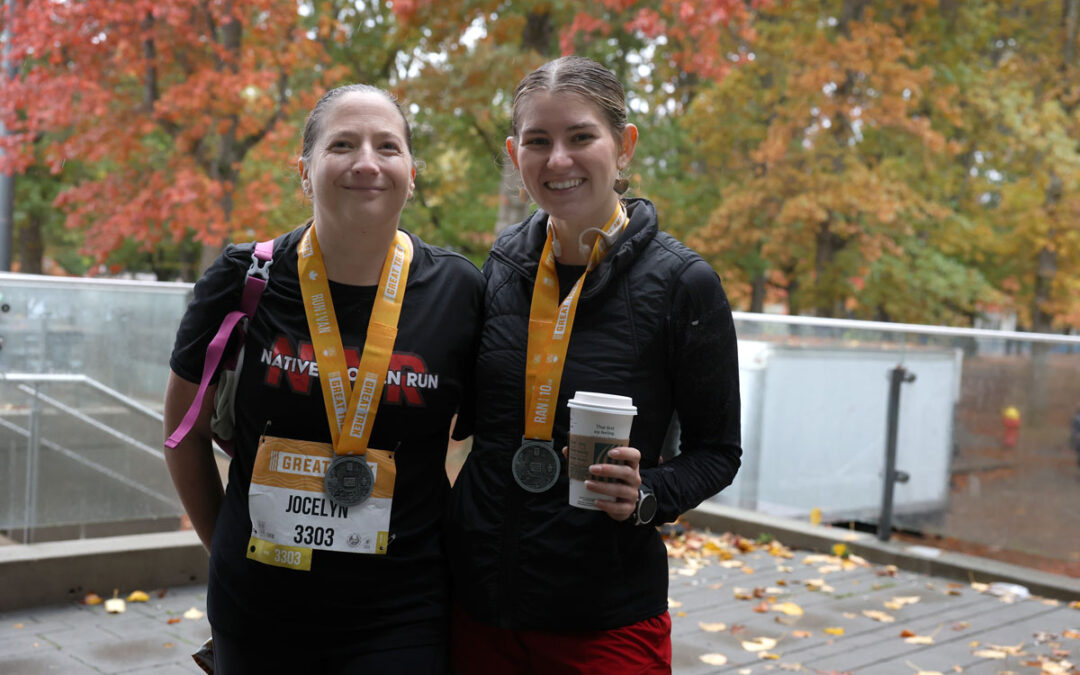News
This October, the Great Trek returns to Musqueam territory! RUNVAN partners with Indigenous Women Outdoors to honour Indigenous voices and uplift community. Let’s run with respect, awareness, and connection. Read more.
Listen to the RUNVAN Rundown podcast chat with Aiyana Anderson-MacIsaac, Executive Director of Indigenous Women Outdoors (IWO).

